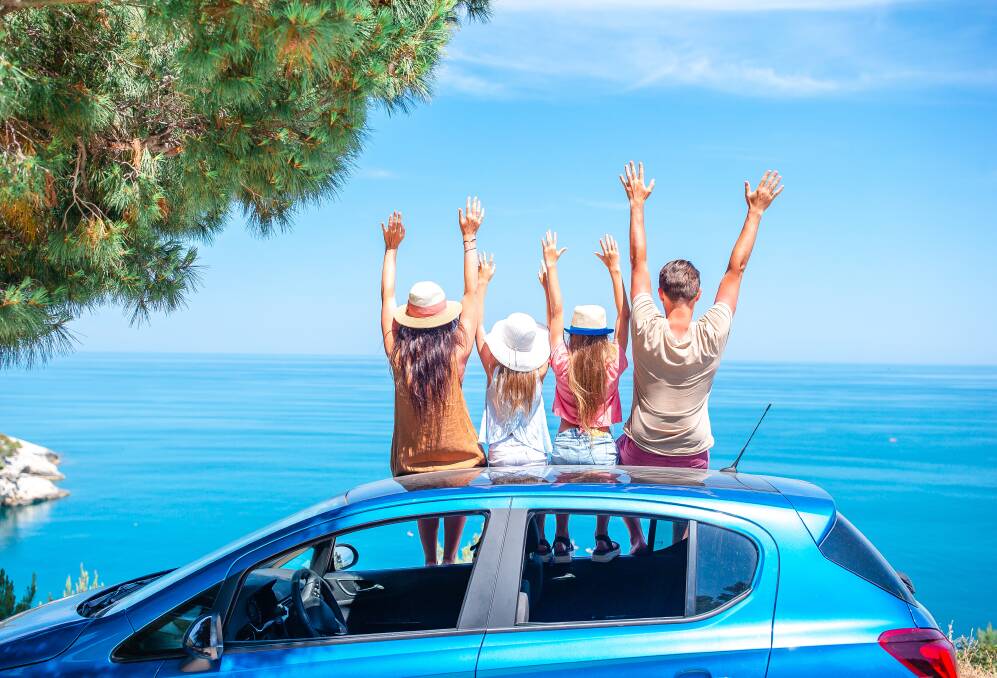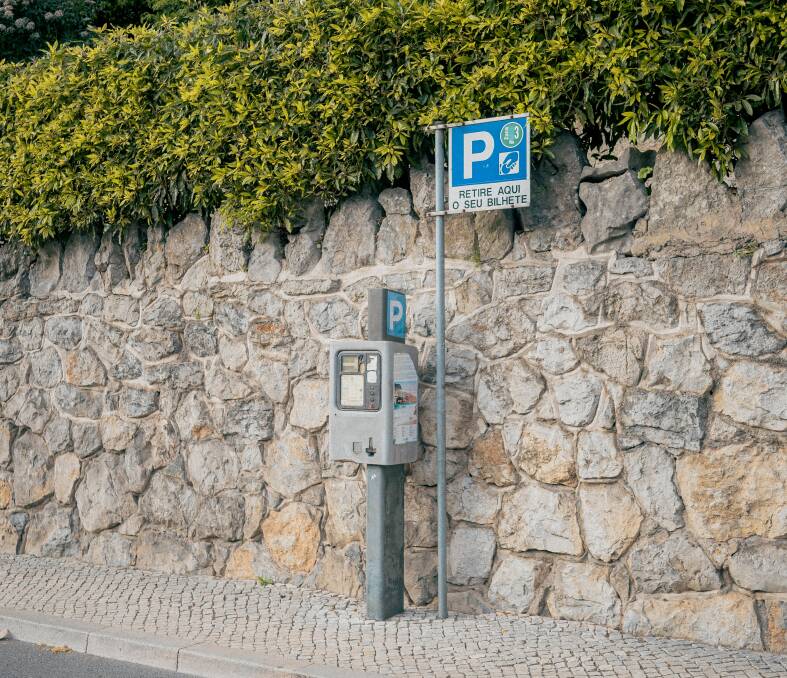Jumping behind the wheel is not as tricky in foreign lands as you might think ... as long as you follow these 10 foolproof tips.
Create a free account to read this article
$0/
(min cost $0)
or signup to continue reading
Having your own set of wheels on an international holiday is the ultimate ticket to freedom, getting you past the tourist traps and really exploring. Here are 10 tips that will help keep your next road trip trouble free.

1. Hiring a car
The earlier you book, the cheaper the price. Picking up from the airport is always more expensive: it can be much cheaper to catch a shuttle to the city and pick up from there. Getting behind the wheel on the wrong side of the road in a strange city after a long-haul flight is also never a good idea.
Think twice before accepting a "free" upgrade to a larger car. Smaller is often better, particularly, in Europe and the UK where roads can be very narrow. Always confirm where you can take the car, such as unsealed roads, ferries and across international borders.
Before signing up for extra insurance, check to see if you're already covered by your travel insurance. When you pick up the car, do a complete inspection before you drive off, taking photographs on your phone and making a note on the paperwork of any damage, no matter how minor.
Getting behind the wheel on the wrong side of the road in a strange city after a long-haul flight is also never a good idea.
2. Leasing can save you
If you are planning a longer driving trip around Europe that includes France, consider leasing a car rather than hiring. The Citroen Drive Europe Scheme is a car-leasing scheme where you lease a brand-new car from Citroen (Renault and Peugeot have similar schemes). It's only available to non-European residents. If you're planning to spend a month or more on the road, it's cheaper than car hire, includes unlimited kilometres, comprehensive insurance and roadside assistance. And you can drive it, and drop it off, anywhere within the EU. See driveaway.com.au
3. Get your international permit
Some countries require an International Driving Permit (IDP), essentially an authorised translation of your licence recognised in 174 countries. They are issued by your state automobile association, such as the NRMA, RACV or RACT.
4. Driving on the 'wrong' side
Many people are (understandably) nervous about driving on the opposite side of the road. It's not as hard as you might think, particularly when there's other traffic to follow. But there are times when you need to pay extra attention to override the habits of a lifetime, like turning out of side streets or driveways, especially if there are no lane markings.
Always look both ways when turning at an intersection or entering a roundabout because muscle memory will have you checking for traffic and pedestrians in the wrong direction. And opt for an automatic, because the gear stick will be on the opposite side to what you're used to, and it's something you reach for without thinking.
5. Take extra care in car parks
It can be very easy to revert to the wrong side when you're intent on finding a place to park rather than concentrating on staying right.
Read more on Explore:
6. Use a GPS
The last thing you need to worry about is navigating when you're trying to remember to stay on the right side of the road or searching for your hidden little gem of a hotel. If your hire car doesn't have navigation, invest in a local sim card with data for your phone so you can use Google maps, and make sure you have a hands-free holder for it, too. Be mindful though, that asking Google to take the shortest way is often not the quickest or easiest way.
7. Avoid peak hour in cities
Actually, avoid driving around cities - full stop. They are usually best explored on foot or by public transport anyway, and keeping abreast of the rules around LEZs (low emission zones) and LTZs (limited traffic zones) in European cities can be tricky.
8. Mind your motorway etiquette
Freeways and expressways are a fast way to travel long distances but expect to pay plenty of tolls along the way. Most of these can be paid with a credit card. Locals tend to drive at high speeds on motorways - in Germany many autobahns are unrestricted, which means cars in the fast lane (the left lane) can and do drive at whatever speed they want to. Never, ever dawdle in the fast lane and take extreme care when changing lanes. In some countries, you must drive with your lights on while on the motorway. If in doubt, keep them on.

9. Pay your foreign fines
It can be tempting to ignore parking tickets and speeding fines acquired in another country in the hope that the authorities won't be bothered pursuing them. But if you read the fine print in your rental-car contract you are responsible for any traffic infringements, and they will be passed on to you by the car-hire company.
The car hire company has your credit card details, so you will end up having the fine debited whether you like it or not, and it could end up more than double the original cost or even more for late payment.
10. Carry a credit card
Many European petrol stations and fuel stops are unstaffed, which means that they are open 24 hours. But if you have problems paying you're stuck. Many do not accept cash and will only work with credit cards with a chip and a pin, and will reject debit cards. In France, don't be surprised if your card is debited a maximum amount - often more than 100 euros plus the cost of the fuel. The difference is usually automatically refunded within a week or so, but make sure you have sufficient credit on your card or you won't be able to fill up, and may find your card declined when you try to pay for your next hotel room or restaurant meal.
Pictures: Shutterstock; Unsplash/Asa Rodger




